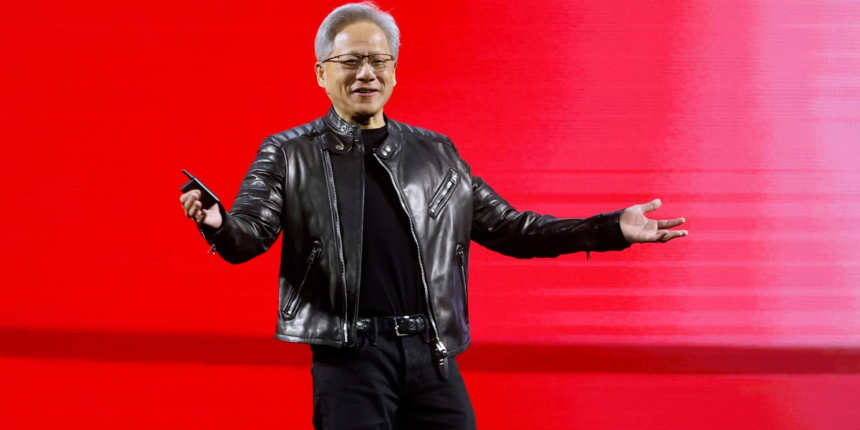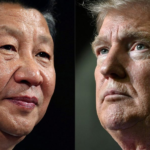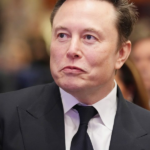Corey duBrowa, who is global CEO of communications giant Burson, described the deal as “another novel approach that’s being implemented by the Trump administration as they continue to rewrite trade norms and practices.”
A veteran leader in the manufacturing space described the deal as proof of Trump’s commitment to American manufacturing, adding that the cost was likely worth it. Another U.S.-based CEO called it “brilliant, a tariff that we don’t have to pay.”
But some also raised questions:
What does this mean for national security? Such restrictions are designed to address national security concerns, not raise revenue. Governments typically only make money when penalizing those who break the rules. Could financial incentives put security priorities on hold? Allies are historically able to buy military equipment and sensitive technologies that others are not. Could this further erode trust?
How will this impact trade deals? Many CEOs believe tariffs are here to stay, as America’s trading partners create their own walled fortresses and blocs.









